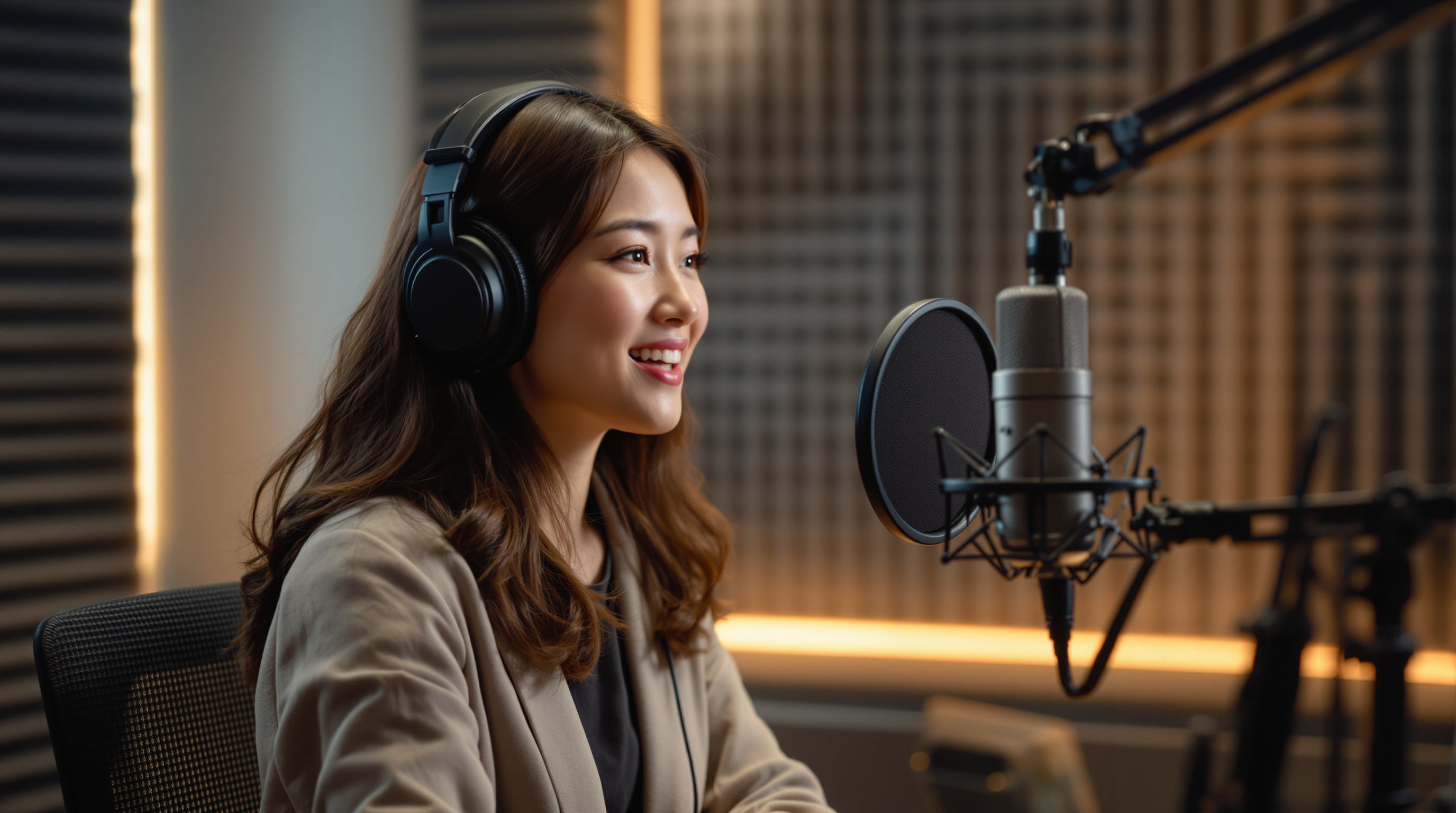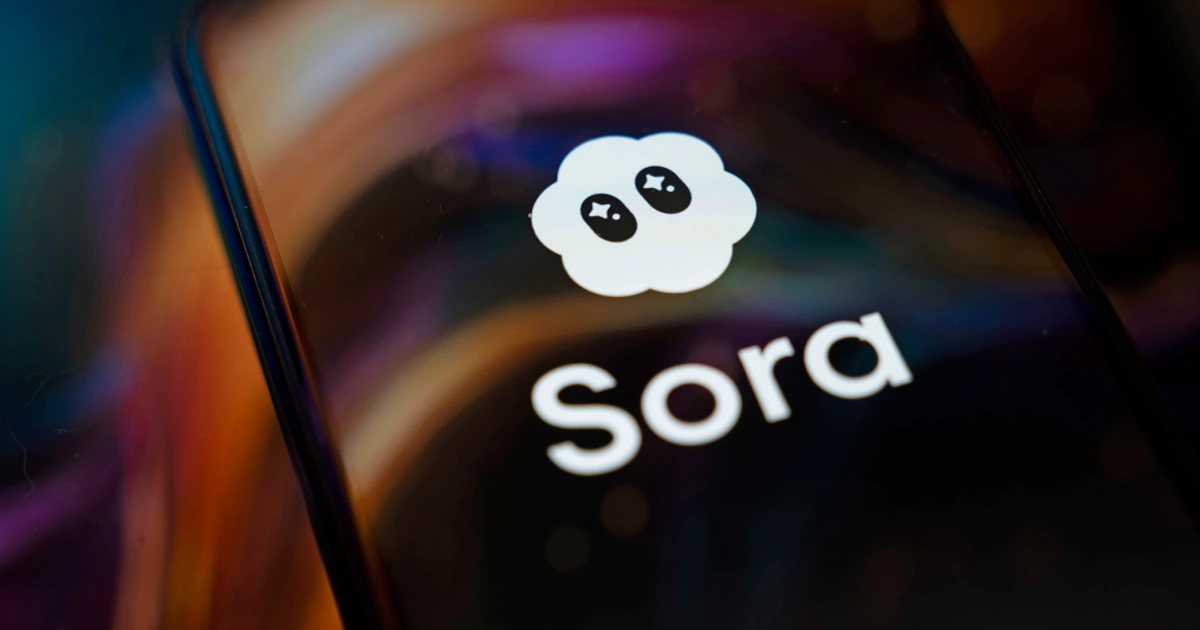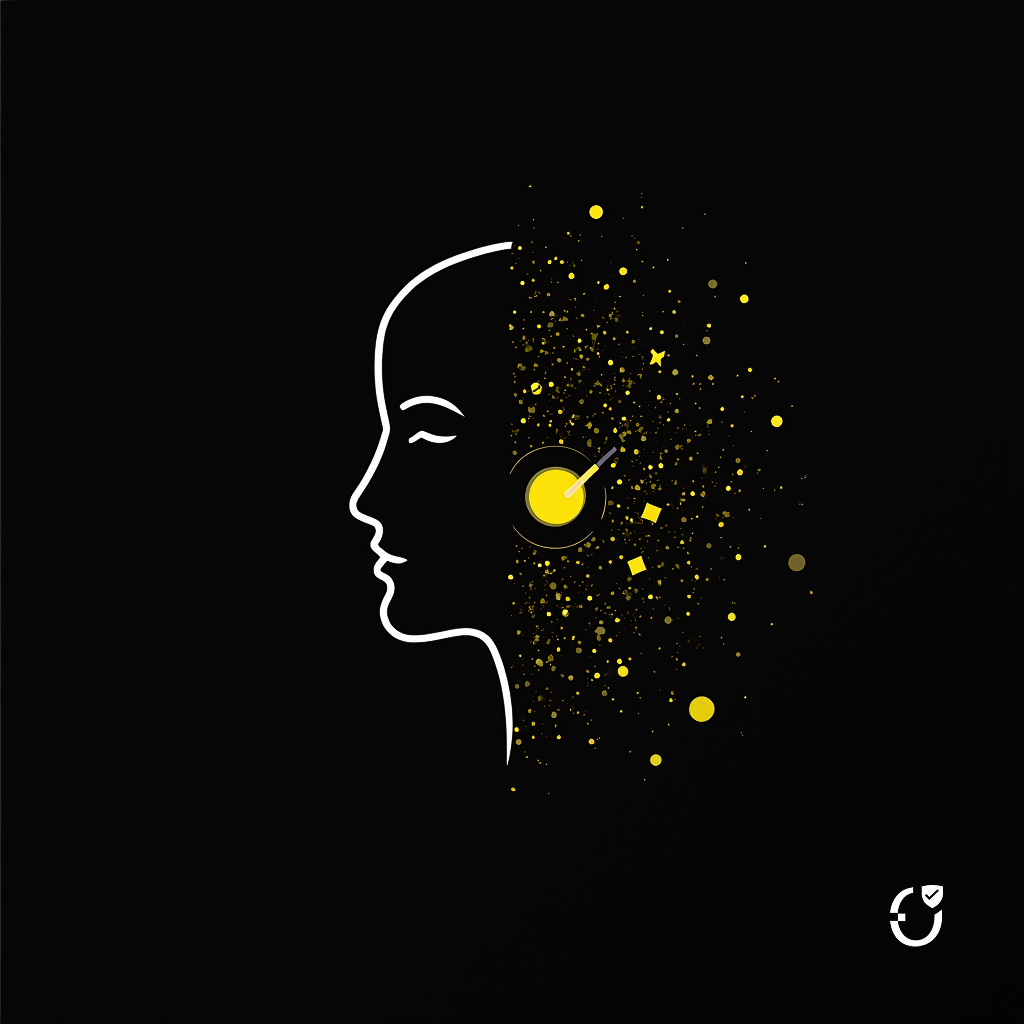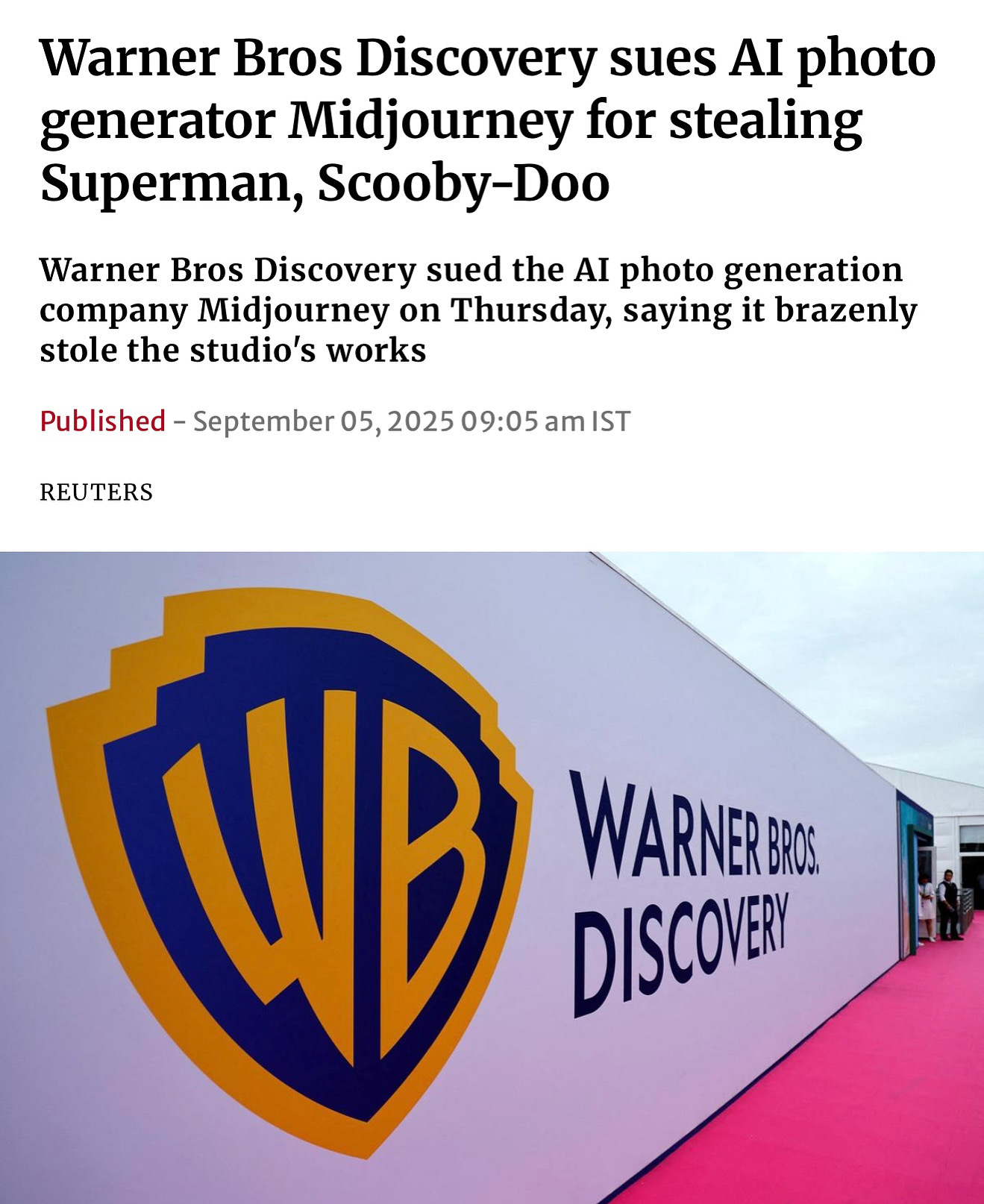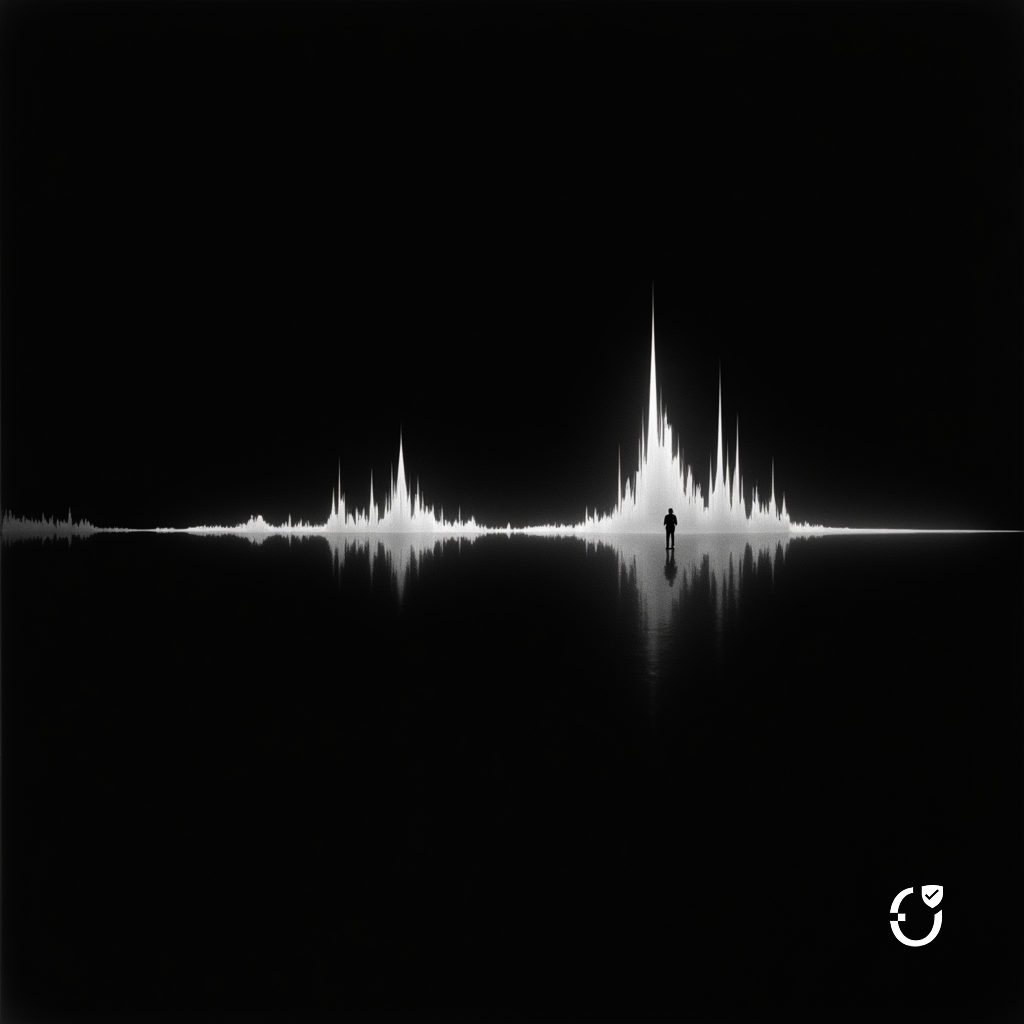Like many I spent this morning in awe of Pika's new 2.0 video platform. The results are nothing short of magical - with just a few clicks, anyone can create compelling video content that previously would have required extensive technical expertise and resources.
However, this technological breakthrough comes with significant responsibilities that aren't immediately apparent to users. While Pika's terms of service do include provisions about rights and permissions, they're buried deep and most users will never read them. The platform's frictionless interface, which allows for immediate upload and transformation of any image, doesn't actively prompt users to confirm they have the necessary rights and permissions. This creates a dangerous disconnect between ease of use and legal compliance, particularly regarding publicity rights protection.
The implications are serious: generating videos featuring someone's likeness without their explicit consent - whether they're alive or deceased - can violate publicity rights protected by various state laws, including Tennessee's recently enacted ELVIS Act. These aren't mere technicalities; they represent fundamental rights that protect individuals' ability to control and benefit from their own image and likeness. The principles of consent, credit, and compensation form the foundation of these protections, ensuring that individuals maintain control over how their images are used in commercial contexts.
As AI technology continues to advance, platforms like Pika have an opportunity - and arguably an obligation - to build rights awareness directly into their user experience. Simple additions like prominent rights notices, permission verification steps, and clear guidelines about publicity rights could help users make informed decisions before creating content. This wouldn't diminish the platform's incredible capabilities; rather, it would demonstrate leadership in responsible AI deployment and help protect users from unintentional rights violations.
The future of AI-powered content creation is undeniably exciting, and Pika represents some of the best technology in this space. However, as we embrace these powerful new tools, we must ensure that innovation doesn't outpace ethics and legal compliance. By making rights considerations as seamless as the creative process itself, platforms can help users navigate the complex intersection of technological capability and legal responsibility. The goal isn't to restrict creativity but to ensure it flourishes within a framework that respects everyone's rights.








